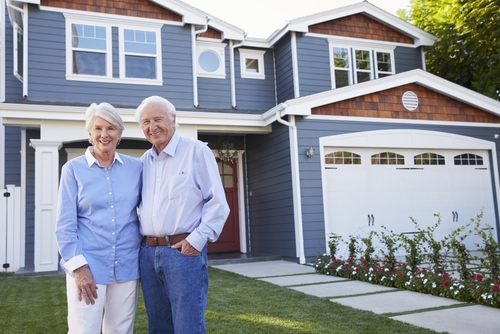

A reverse mortgage is a great way to take advantage of the equity you have built up in your home. If your home equity is your largest asset, you are short on money and you do not have any other way to get the money you need for daily life, a reverse mortgage may be a good idea for you. Here are 5 reasons why a reverse mortgage may, or may not, work for you.
1. A reverse mortgage will provide a long-term financial solution
A reverse mortgage should give you enough money to help you solve your long-term financial problems. If it does not, you may be better off looking for another way to fix your financial needs.
2. You don’t plan on moving
A reverse mortgage may be right for you if you are planning to stay put. Loan fees can be expensive and if you are just going to move in a couple of years it may not be worth it.
3. You can afford your ongoing costs
Keeping up with your property taxes, homeowner’s insurance and home maintenance is essential if you have a reverse mortgage. If you fall behind on these things, the bank can call your loan due.
4. Your spouse is age 62 or older
Any borrower on a reverse mortgage must be at least 62 years of age. If you are married and your spouse is not 62 yet, receiving money from your reverse mortgage can be difficult, if you die first. If you are both at least 62, getting a reverse mortgage may be a good choice.
5. You don’t plan to leave your home to anyone
Upon your death (or your spouse’s death, if you go first), your loan becomes due and payable. Any inheritors who want to take possession of the home, can pay the loan balance to the lender and then take back the title.
If your heirs don’t want to purchase the home, the lender will sell the home on the open market to recoup the money it has lent to you. After this, any balance goes to your heirs. If the balance is negative, FHA insurance covers it – you or your heirs are not responsible for it.

